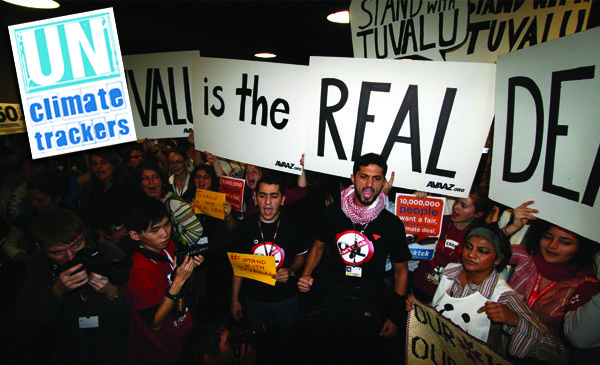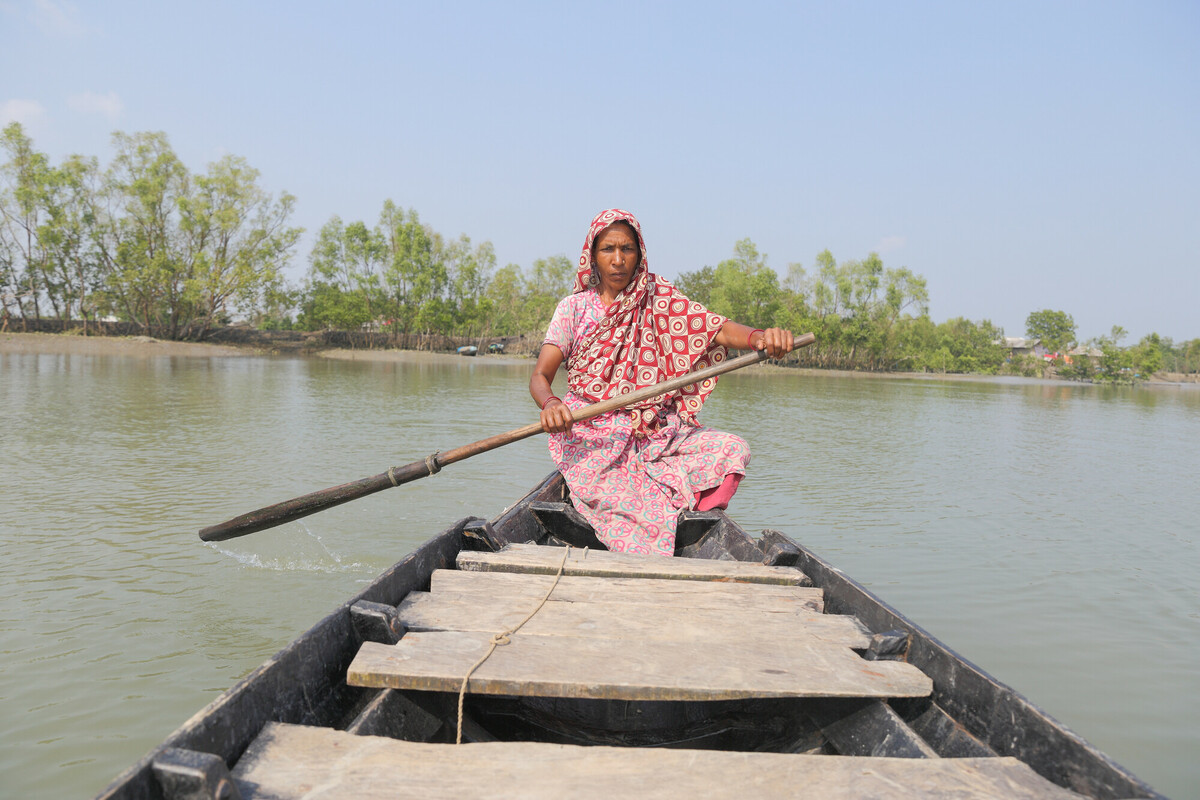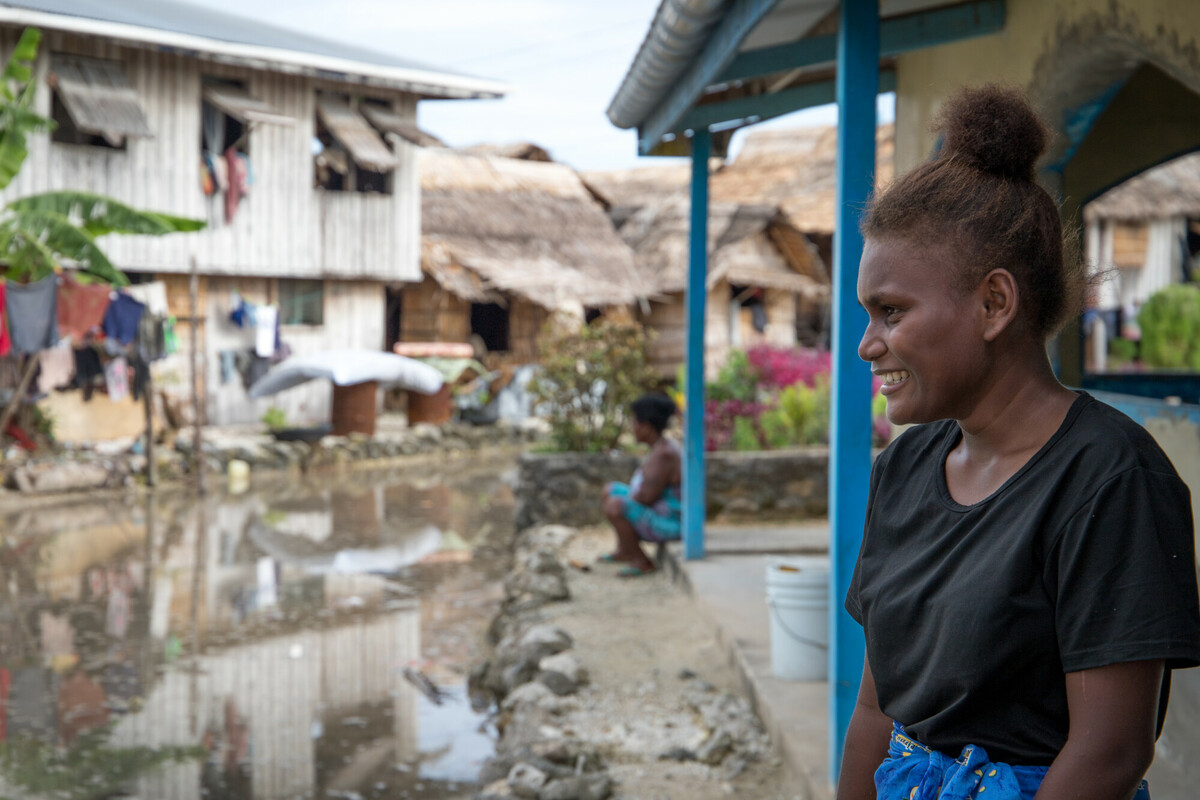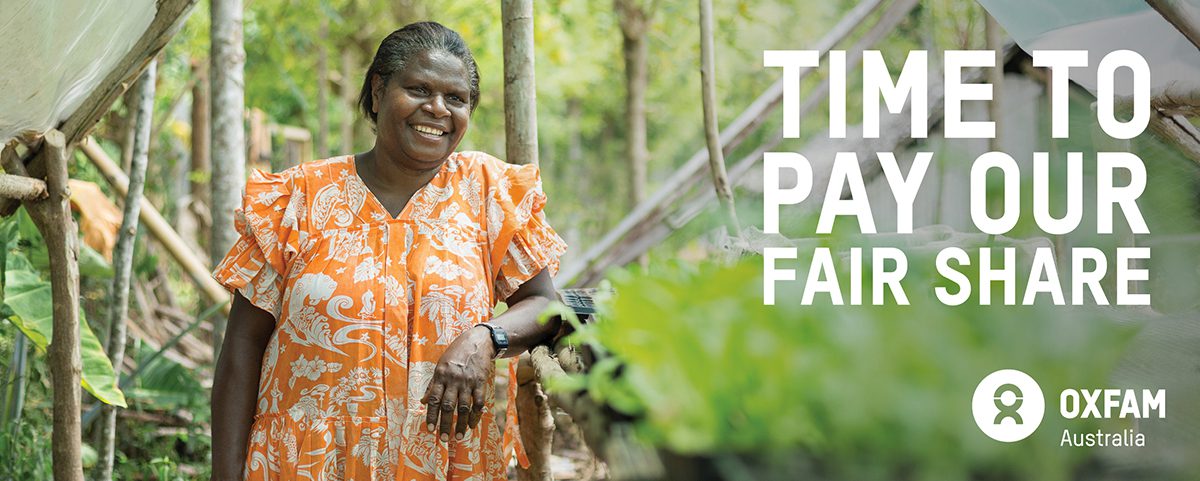Today saw some dramatic developments at COP15, including a major split between developing countries that derailed talks for several hours.
Alongside the struggle between developing and industrialised countries emerged a new battle, this time between the rapidly industrialising and poorer nations of the developing world, who were today led by Tuvalu.
Tuvalu, one of the most severely threatened small island nations that has already suffered painfully from increased cyclone severity today passionately demanded that a legally binding agreement be reached at Copenhagen.
This morning’s talks were already tense following the Guardian’s leak of the so-called ‘danish paper’ which angered G77 countries and cast a shadow of mistrust over the participants.
It was proposed this morning that a meeting be held to discuss five new treaty proposals – including one from Australia and one from Tuvalu, which aimed to set out legal frameworks to reach binding international agreements in the coming week.
While many countries have already conceded that a binding agreement will not be reached at Copenhagen, Tuvalu still holds out hope that this may happen.
China, India, Venezuela, and several Middle-Eastern countries blocked the meeting proposal for fears that it may lead to abandonment of the Kyoto protocol, despite the fact that Kyoto is included in the new proposals.
Conversely, the Alliance of Small Island Nations (ASIN) lead by Tuvalu, poor African nations and several Latin American countries insisted that such meetings must be held for the conference to move forward.
As a result delegates could not reach consensus and a deadlock was reached, with Tuvalu calling for a suspension of the conference until the treaty proposals are discussed. Tuvalu are dubbing it a ‘time-out’ though it is unlikely that the rapidly industrialisng countries will renege their position.
Outside the plenary, just as the Conference was scheduled to resume, whispers of a protest were afoot. A crowd soon gathered and a hidden cluster of 350.org supporters, led by Tuvaluvan reps, burst into chants demanding “1.5 (degrees) to stay alive” and “stand with Tuvalu.” The protesters were led outside into the main hall by security, where they continued their protest with impassioned speeches by Tuvaluvan representatives.
Such protests provide a stark juxtaposition against the normally reserved and civil conduct of parties at the conference. It was the first of its kind to be led and supported not only by a youth action group but by a country’s own representatives.
Delegates entering the conference chamber were forced to squeeeze past the zealous crowd, where inside they were told that the meetings would be halted at least until late in the afternoon.
Tuvaluvan delegates subsequently stated that unless a legal framework is discussed immediately, they will continue to call for the suspension of negotiations.
It is unclear at this stage whether the talks will continue tonight. It is also unclear as to whether suspending talks is even in Tuvalu’s own best interests, as it seems unlikely that their demands will be met.
The events of this afternoon demonstrate the paranoia of all participating countries, as well as highlighting the fragility of the negotiations themselves, with new and somewhat unexpected splits emerging. At this stage the ramifications of these divisions are not entirely clear, however it is certain that delegates have a long battle ahead of them if they are to reach consensus in the coming week.
Osman Faruqi
Environmental engineering and international relations student at the University of New South Wales. Attending the Copenhagen climate conference as part of the Australian Youth Climate Coalition youth delegation.




